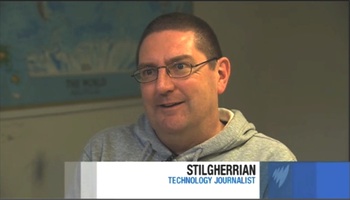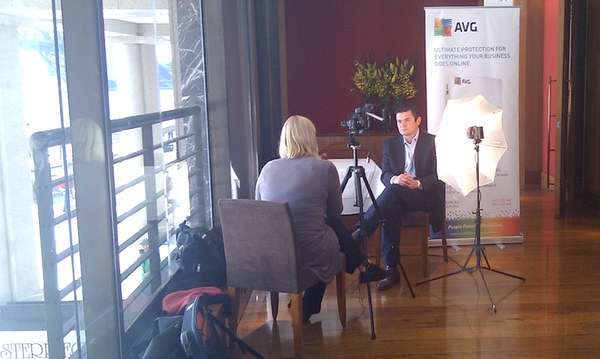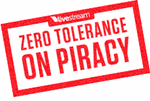Some questions about your “zero tolerance on piracy” policy. This is a media enquiry so please consider your response “on record”.
My questions concern due process.
I notice that you give “trusted rights holders” a tool to automatically shut down channels at their own instigation. I also notice that your example trusted rights holders are “Fox, Disney, NBA, MLB, NFL, UEFA, International Olympic Committee, WWE, UFC, Warner Bros, English Premiere League and British Sky Broadcasting”, i.e. the big end of the commercial media industry.
Most importantly, I notice that anyone who believes that the shutdown was in error must appeal the case afterwards.
Surely this process is “guilt by allegation” and puts the burden of proof onto a channel holder who is likely to have fewer legal resources than a big media player? Yet in most copyright regimes a channel holder may have legitimate “fair dealing” rights to rebroadcast material, such as for academic purposes, news reporting, review, or even satire.
When developing your policy, what input did you seek from people outside Big Media?
What processes do you have in place to perform follow-up “spot checks” of channel shutdowns? Do you actively contact channel holders for their side of the story? Do you inform channel holders of their legitimate “fair dealing” rights?
How long on average does it take you to process an appeal against a shutdown? What has been the longest time it has taken, and what was that case?
What assurances must “trusted rights holders” give to earn that trust? What training or other direction are they given in the legitimate rights of channel holders? What penalties do you impose on “trusted rights holders” who misuse the automatic shutdown tool?
Since it was introduced, how many times has the automatic shutdown tool been used? How many times have channel holders appealed against the shutdown? How many times has the shutdown been determined to have been in error? How many times have penalties been imposed on “trusted rights holders”?
You say:
Livestream’s mission is to provide the premiere interactive live streaming platform for every event owner, broadcaster and premium rights holder in the music, movie, newspaper, radio and television industries.
But what about the rest of your customers, those who are not “premium” rights holders? What assurances can you give them that their legitimate rights will be upheld?
I’ll let you know when Livestream responds.





